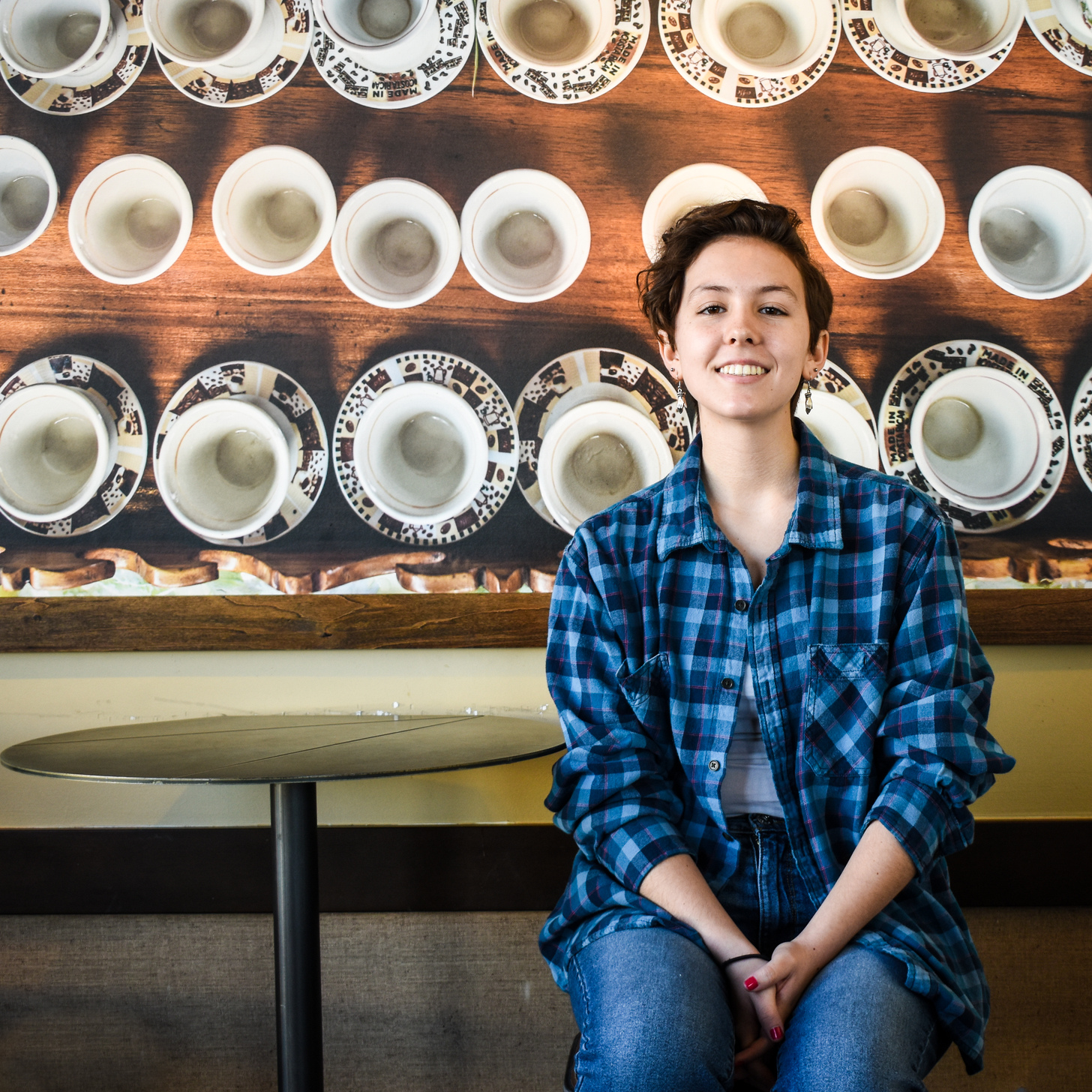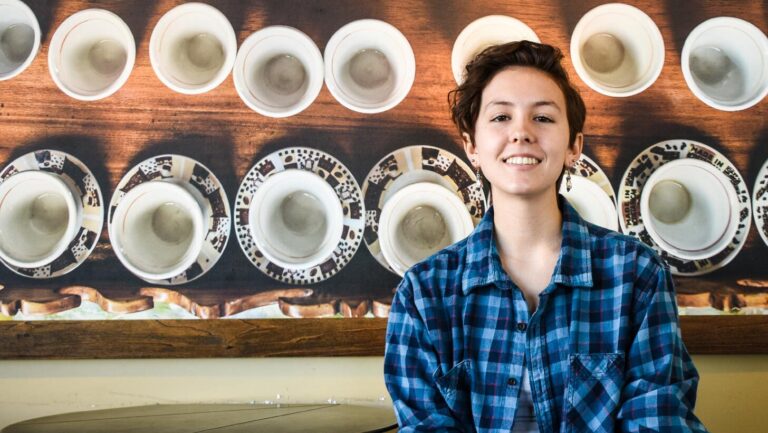How will we ever solve the myriad problems we face as a civilization if we don’t make the next generation less ignorant than we are? There is no virtue in not understanding other people, cultures or perspectives. There is nothing to be gained from limiting your knowledge to where you came from. To dispel ignorance about others is in everyone’s interest because it keeps us out of conflicts. Yet, exploiting our divisions is an old technique for gaining power and exerting control that is on the rise both here and in many countries around the world. The ascendance of otherism puts us all at risk. Fortunately, there is one person that may be able to do something about it: the foreign exchange student. AFS Intercultural Programs has a critical mission: “to help prevent future conflict through cultural exchange and understanding.” For over 70 years, they have facilitated American students going abroad and foreign students coming to America. For host families in New Mexico, it is an opportunity to learn about another culture while sharing our own. For high school students in New Mexico, it is real possibility to see the world that has been sorely underpublicized. Eleyna Maves is a one of those students. As a Rio Rancho high school student, she won a scholarship from the Department of State to study in Japan for a year, just one of many scholarships they offer to American students who want to live and study abroad in some of the 45 countries where AFS places students. This March she will move into the home of a Japanese family, go to a Japanese high school and spend a year living and learning about what it is to grow up in that culture. What better way is there to understand a different culture than to become part of it?Weekly Alibi sat down with Maves to talk about her experience starting in the AFS program, her scholarship and her expectations of living in Japan. The following is an edited version of that conversation. Weekly Alibi: How old are you and what school do you go to?Eleyna Maves: I am 16 and I go to Cleveland High School in Rio Rancho. Actually, right now, I’m not there, though. I am taking classes through a night school so I just go to school two days a week from four to eight.What made you want to be a foreign exchange student?I’ve pretty much lived in the same house for 15 years and I just want to get out there and experience different cultures. New Mexico is a very diverse place, but only for a certain kind of group of cultures. I wanted to get out of my comfort zone, see the world and experience different things.What made you choose Japan?I am actually very interested in the language. I love learning languages and I think Japanese is very interesting. And I wanted to see the way that the language and the culture interact with each other.Do you speak Japanese now?I speak a little bit. I’m not very good, but I’m trying to learn before I go.How long have you been studying the language?On and off for about a year. I took a semester-long class through UNM Continuing Ed on Japanese, but that was just once a week. It helps for sure to have a teacher and that’s the most experience I’ve had in the classroom.In what other ways have you prepared for this exchange experience?I’ve mostly been just trying to learn the language through different apps. I have an online program I’ve been using. [I’ve been] reading up a lot on the culture and about the way things are kind of done over there in daily life.You are the sole winner of the annual scholarship from the U.S. Department of State to study in Japan.Yes. The Yoshi Hattori Memorial Scholarship. Good grades? Is that how you got it?It was actually four essays. I wrote a series of four different essays that were all from different prompts. What were your essays about?They were about your leadership skills, your motivations to study abroad, the responsibilities of a student going on exchange and then the last one was about gun control and gun control laws in the U.S. That took some research?It was what I thought about gun control issues.What do you hope to get out of this program?I hope to get out of my comfort zone and learn to interact with people from a different culture. I’d like to become more open minded because I’m feel like I’m very controlling. I’d like to lose some of that, learn to be more flexible and of course make a lot of friends.You don’t have any control over where you go in Japan. Do you have a preference?Honestly, I’d like to be in like a smaller community, either rural or suburban because I feel like in a big city, I wouldn’t be able to connect as much, but I don’t have a particular preference of region.You don’t get any school credits for going abroad. Is that normal or is that something to do with your school?It differs from school to school. Some schools give a partial credit or it depends on what classes you take, but my school in particular just doesn’t give me credit for going abroad.When you come back in a year, what happens?Since the beginning of my sophomore year, I’ve been taking night school classes online to try to get ahead so that when I get back, I won’t have to have missed a year. I’m leaving this March in the middle of this semester. If I had left from Cleveland [High School], they wouldn’t have given me any credit anyways, which is why I’m doing night school. So, I’ve just been working ahead, grinding to get the credits done online so that when I get back, I only have two classes and then I’ll graduate.What do you think Rio Rancho schools, or any school in New Mexico for that matter, could do to encourage more students to participate in programs like this?I think the most important thing would probably be getting a representative at the school who gets in contact with AFS or even other foreign exchange programs just to get some information that you can pass onto the students. I think a lot of people don’t know about it, which surprised me when I tell people that I’m going. A lot of people don’t even know that this is an opportunity. If you had teachers there who could encourage it, a lot more students I think would be interested.
For more information about AFS Intercultural Programs, see afsusa.org










